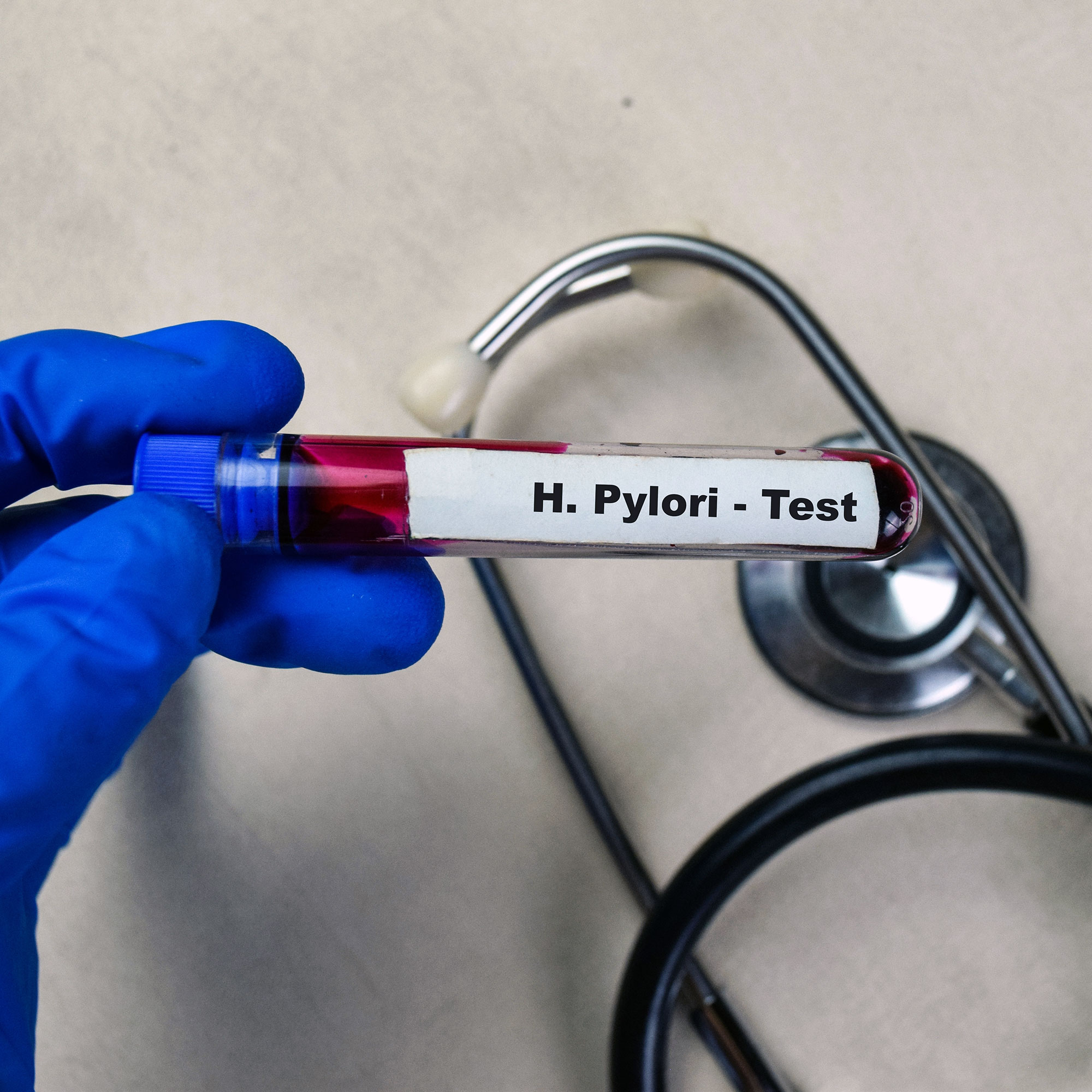All About PPIs
Get to know these common medications used for stomach issues
Proton Pump Inhibitors, or PPIs, are medicines used to treat the symptoms of many stomach problems, but they don’t cure these conditions. PPIs can only help alleviate symptoms, such as acid reflux or stomach pain, in the short term. However, when they are taken for a long time, they have risks like fractures (broken bones) and kidney disease. Discuss with your doctor about how to use PPIs for your symptoms, and when to stop taking them. Getting tested for H. pylori and treated if necessary prevents complications from taking PPIs for too long.
